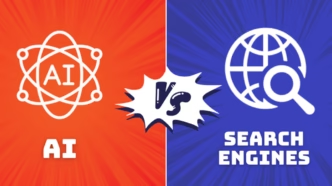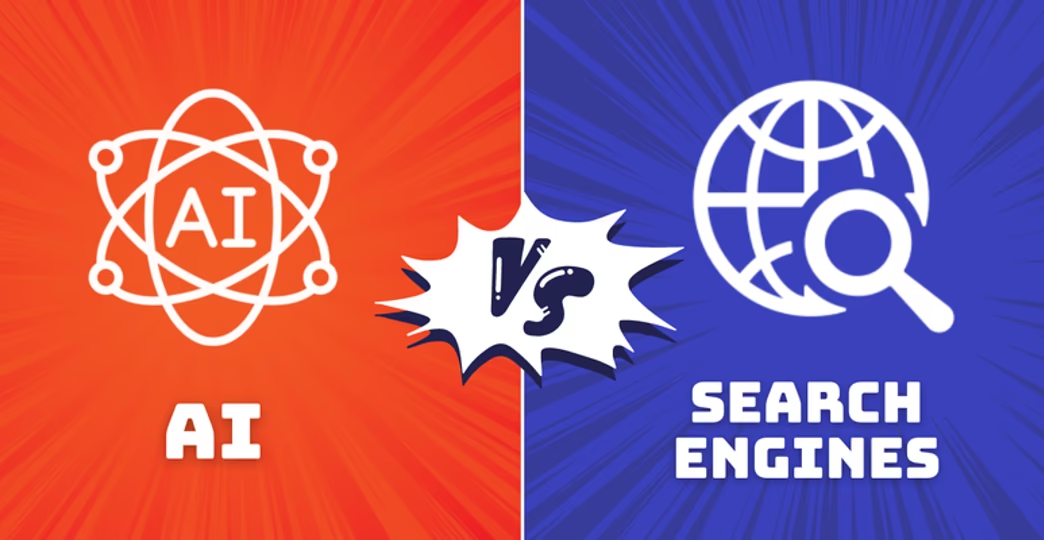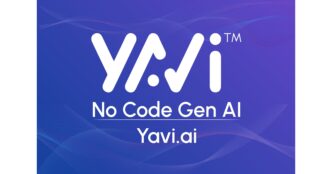Anthropic has just upgraded its AI chatbot, Claude, with a highly anticipated feature—real-time search engine access. And it does prove that technology moves faster than most of us can keep up with. Just as one major AI breakthrough grabs the headlines, another pops up, promising to change everything. Suddenly, AI companies are worth billions, leaving many wondering what these businesses do and why they’re valued so highly.
Is AI Just Another Bubble—Or Something Bigger?
Some investors are already comparing today’s AI surge to the dot-com bubble of the late 1990s. On the surface, it’s easy to see the similarities. During the dot-com boom, tech companies saw sky-high valuations. Many crashed, but that didn’t mean the internet was a fad. It simply showed that investors got carried away, overvaluing certain players.
AI feels the same. Yes, the hype is real. But even if some companies fall short, the technology itself is here to stay. Just like the internet, AI is poised to transform the way we live, work, and connect.
Industries that adapt early could see huge wins. The online casino industry, for example, has always been quick to embrace change—from early websites to mobile apps and now cryptocurrency. Platforms like Thunderpick Casino lead the way, offering crypto payment options and unique gaming experiences that show how innovation keeps a sector ahead.
Is Fear Driving the AI Skepticism?
Of course, not everyone is excited about this AI revolution. Critics often point to the risk of a bubble burst, secretly hoping for a crash. Some worry about what AI could become if left unchecked, while others fear the massive power shift it might cause.
Yet, the genie is already out of the bottle. What’s more concerning is that regulation still lags behind. AI companies are racing toward trillion-dollar valuations, especially in the US, where regulation feels like an afterthought. The European Union is pushing for rules, but without global cooperation, it won’t be enough.
Ironically, if AI starts eating into the market share of internet giants, it could force a stronger regulatory response—especially in countries like the US, where Big Tech still pulls the strings behind the scenes.
AI is Finally Challenging Search Engine Giants
For decades, search engines like Google have ruled the internet. They’ve operated in near-monopolies, shaping how we access information. But now, AI tools are posing a real challenge.
Claude can pull complex search results just from a simple command. Though it’s still learning, it’s clear where things are heading. Google’s Gemini is already in the race, built to defend the company’s three-decade dominance. Meanwhile, ChatGPT, the AI chatbot that started it all, keeps improving its ability to handle search-like tasks.
These tools don’t just answer basic queries. They can list every NFL game in the next two weeks or serve up detailed cocktail recipes. The depth and precision are impressive, offering an alternative to traditional search results.
Still, there are flaws. For more niche requests, like highlights from the Thunderpick World Championships, AI chatbots sometimes miss the mark—pulling random, less useful content. Search engines remain more reliable in those cases. But the gap is closing fast.
A Tipping Point for the Future of Search
AI’s rise is forcing industries to adapt—or risk falling behind. Even search giants like Google, with deep pockets and years of AI research, know the threat is real. Startups across the globe are racing to change how people find information online.
Interestingly, social media platforms have been chipping away at search engines for years. More people now rely on TikTok, Facebook, or X (formerly Twitter) to find news, reviews, or trending topics. AI is just accelerating this shift.
Dislodging tech titans won’t be easy. It will take time and serious innovation. But history shows that no company stays on top forever. With AI advancing rapidly, the question isn’t if the search landscape will change—but when. The companies that adapt fastest will win the future. And as for search engines? They may never be the same again.













